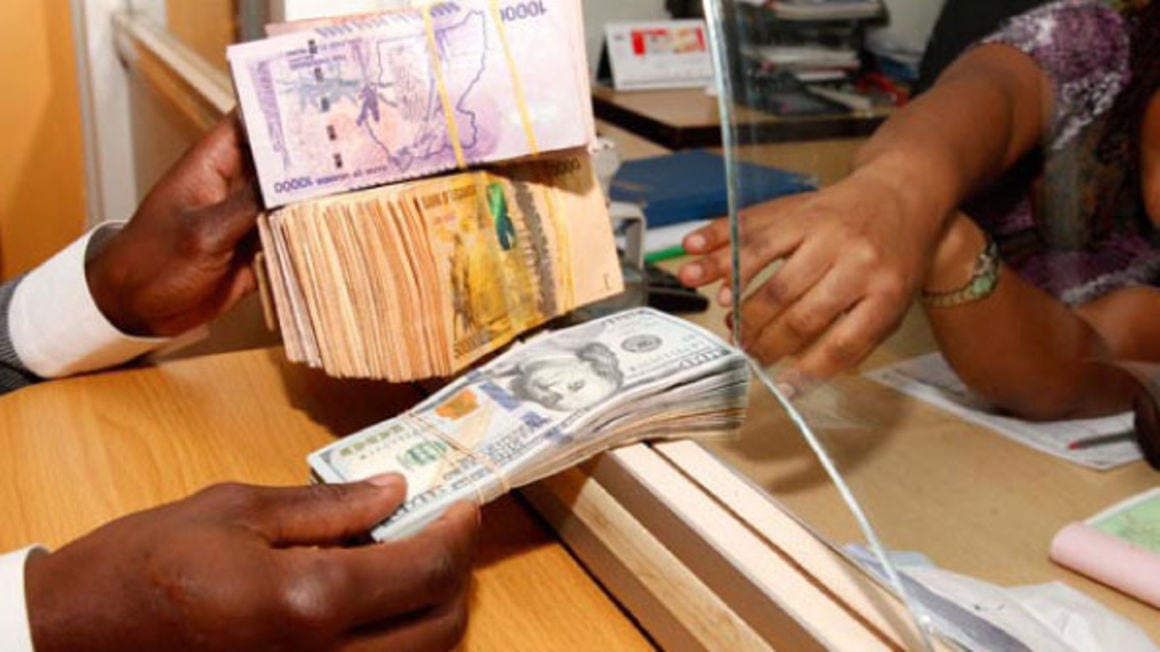Prime
Shilling appreciates amid rise in demand for foreign exchange

The shilling appreciated in on account of an increase in foreign exchange inflows from nongovernmental organisations, forex traders, coffee receipts and remittances.
What you need to know:
- During the quarter to January, Bank of Uganda said, the shilling appreciated by 2.9 percent compared to 0.1 percent in the previous quarter
The shilling appreciated in on account of an increase in foreign exchange inflows from nongovernmental organisations, forex traders, coffee receipts and remittances.
The appreciation, according to Bank of Uganda, was registered against sustained foreign exchange demand from manufacturing and the oil and gas sectors.
During the quarter to January, Bank of Uganda said, the shilling appreciated by 2.9 percent compared to 0.1 percent in the previous quarter.
Dr Adam Mugume, the Bank of Uganda executive director research, said the appreciation had been supported by the positive sentiments about Uganda’s economic outlook, which even during a difficult period, had seen export receipts slightly grow to $4.5b from $4.46b.
However, Dr Mugume said, imports had outstripped export earnings, growing to $7.5b from $7.103b.
Foreign exchange inflows, according to Dr Mugume, were supported by growth in tourism earning, which during 2021 rose to $967.6m from $503.6m in 2020.
Workers remittances, data indicates, rose in 2021, growing to $1.08b compared to $1.06b in 2019, while earnings from nongovernmental organisations declined to $510.2m in 2021 from $571.2m in 2020.
During the period, the Central Bank noted, the financial account balance in 2021 rose to $3.28b compared to $2.5b in 2020 thus occasioning a contraction in the current account deficit from 9 percent to 8 percent of gross domestic product in 2021.
However, Dr Mugume said that although export receipts had increased, increase in imports, coming on the back of a rebound in domestic demand and pick up in domestic economic activity, had widened the trade deficit.
Dr Mugume further noted that the financial account registered a surplus more than financed the deficit in the capital account, expanding by 9 percent of gross domestic product up from 8 percent on year-on-year basis.
During the period, the Central Bank noted, there was an increase in the stock of reserves to $4.3b, covering at least 4.2 months of import cover, from four months in 2020.
The shilling has maintained a stable stance for over a year supported by an increase in foreign exchange inflows.
The unit, according to experts, is expected to appreciate further as oil activities gain momentum after the signing of the Final Investment Decision about three weeks ago.
READ MORE:



